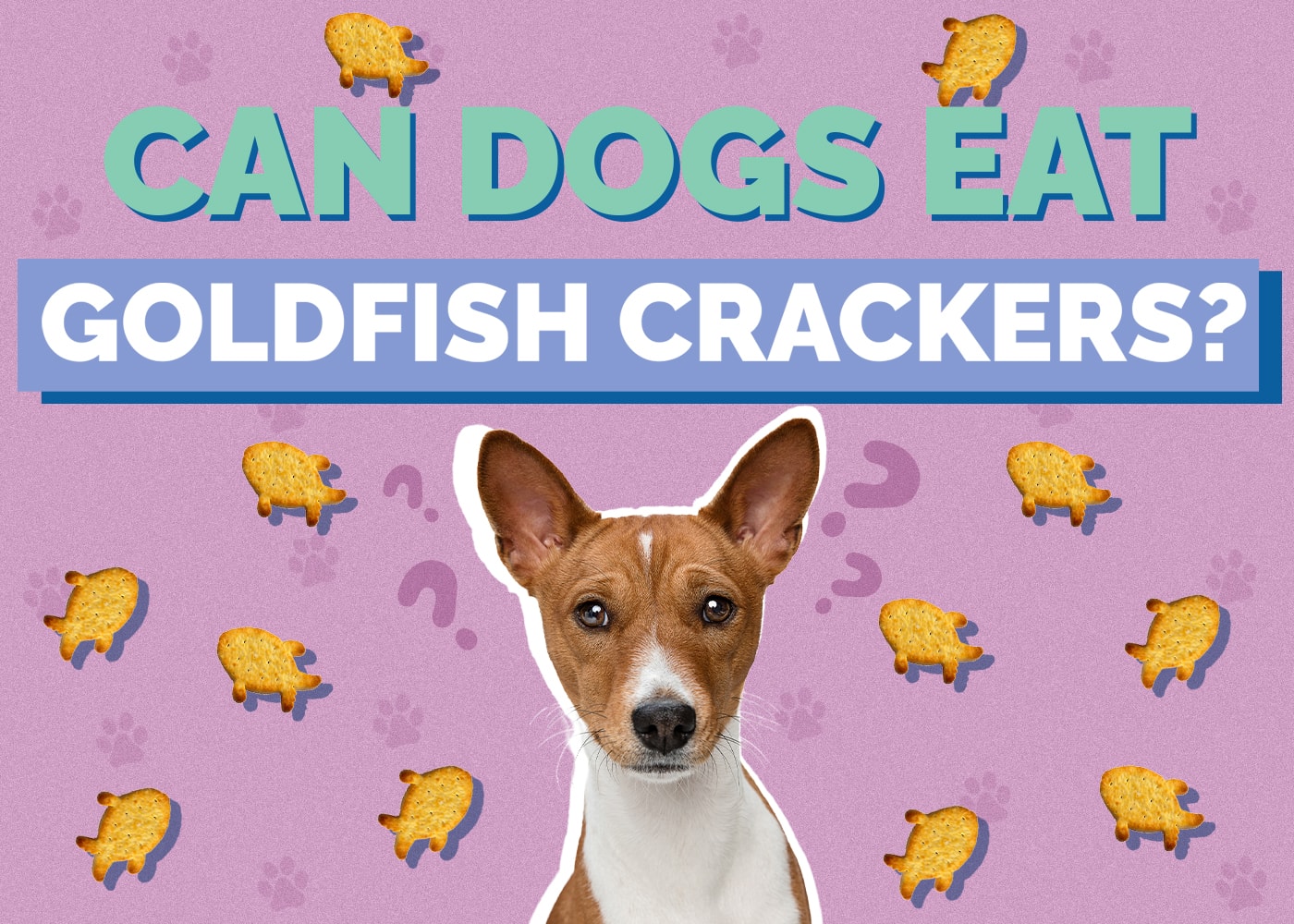Can Dogs Eat Nerds? Vet Reviewed Facts & FAQ
By Cheryl Regan
Updated on
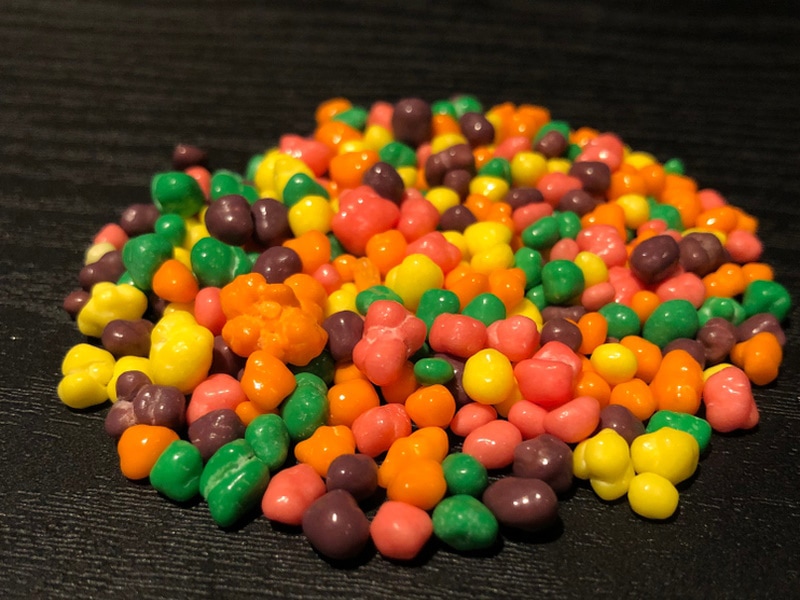
Can dogs eat nerds? Yes, but whether they should or not is a different question. Nerds are not toxic to dogs. If your pup has just consumed a small quantity, then you probably won’t notice any effects. Nerds are made of sugar, though, and feeding your dog large amounts of sugar can lead to stomach upsets, diarrhea, vomiting, weight gain, and diabetes.
How Healthy Are Nerds for Dogs?
You should always check the packaging before letting your dog eat candy that’s made for humans. Ingredients such as chocolate,1 xylitol,2 and raisins are dangerous,3 and sometimes deadly, to dogs.
Nerds are sugar-coated candies made primarily of sugar and corn syrup with added artificial flavors and colors. While the ingredients mean that Nerds aren’t toxic for dogs, they are not healthy, either. In humans, a high-sugar diet increases the risk of obesity, diabetes, and cardiovascular diseases.
Nutritionally, Nerds provide no benefits to your dog. Dogs are omnivores by nature and will do best with a balanced diet made up of protein, carbohydrates, and fat. As with humans, a high-sugar diet for dogs can lead to health problems such as diabetes, obesity, dental problems, heart disease, liver disease, pancreatitis, and digestive issues.
If your dog eats large quantities of sugar, they may end up with digestive issues including bloating and diarrhea—sometimes this can be explosive or bloody, depending on the amount of sugar they’ve consumed.

What Does a High Sugar Diet Do to Dogs?
If your dog has once or twice managed to grab some candy, or you’re occasionally feeding them sweet dog-safe fruits, then a small amount of sugar shouldn’t cause lasting issues. However, a continuous high-sugar diet can cause lasting health conditions for your dog, ranging from mild irritations to severe emergencies.
Obesity
If you continue to feed your dog too much sugar, they’ll begin to gain weight. Some dogs, such as Corgis, are more susceptible to weight gain than others. Being overweight will put more strain on your dog’s cardiovascular system and put pressure on their joints and bones, exasperating and increasing the risk of arthritis.
Dental Diseases
A high-sugar diet will promote the growth of bacteria in your dog’s mouth. This build-up of bacteria can cause gum disease and tooth decay. Left untreated, the bacteria around your dog’s teeth and gums can travel to its stomach and bloodstream, increasing the risk of heart, liver, and kidney diseases.
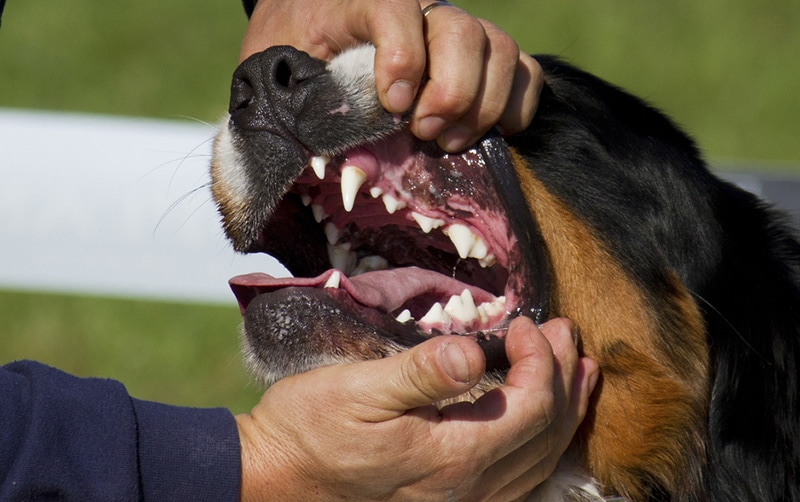
Diabetes
A high-sugar diet can lead to obesity, and obesity increases the risk of diabetes in dogs. Obesity can also increase the risk of pancreatitis, which can then lead to diabetes. Dogs with diabetes are usually put on a special low-fat diet and an exercise routine, and given medication.
Healthy Treats for Dogs
There are so many healthy treat options available for dogs, from fruit and vegetables to store-bought treats specially formulated for your pup. A few pieces of veg, such as carrots or broccoli, can provide your dog with a crunchy and interesting treat while also sneaking beneficial vitamins and nutrients into its system. Similarly, many dog treats on the market have a secondary benefit. For example, dental chews and treats can help to reduce plaque and tartar from your dog’s teeth.
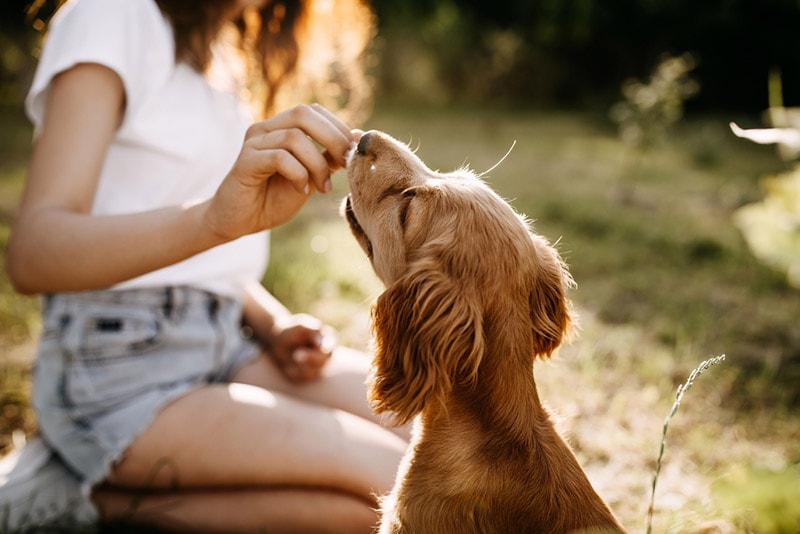
Fruit and Vegetable Treats for Dogs
Looking for a healthy treat for your favorite furry friend? Try one of these nutritious, low-calorie snacks:
- Apples
- Bananas
- Blueberries
- Cucumbers
- Mango
- Pineapple
- Pumpkin
- Broccoli
- Carrots
- Celery
- Green beans
- Peas
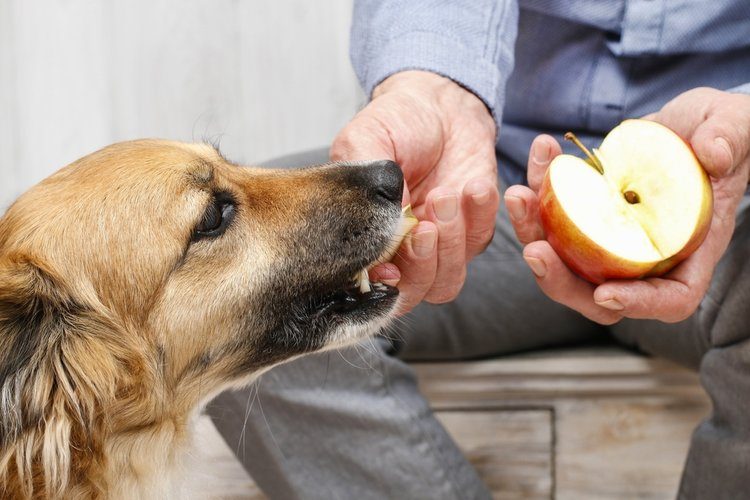
Final Thoughts
Nerds are a sugar-coated candy that’s tasty, but not healthy. If your dog has eaten a few Nerds, they’ll probably be just fine, but that doesn’t mean you should give it to them. Feeding your dog candy and other high-sugar foods will negatively affect their health in the long run. If you want to give your dog a treat, go for a healthy piece of fruit or veg, or a treat that’s formulated for dogs.
If you’re thinking of introducing new foods to your dog’s diet, remember to talk to a veterinarian first.
If your dog is already on a balanced diet of high-quality dog food, it won’t need a sugary snack. Rewards can come in many different ways, so instead of a treat, why not try giving your dog extra attention by taking them out for some good-quality play time, or a little training session? Your dog will love you for it!
Featured Image Credit: Thanatos Media, Shutterstock





